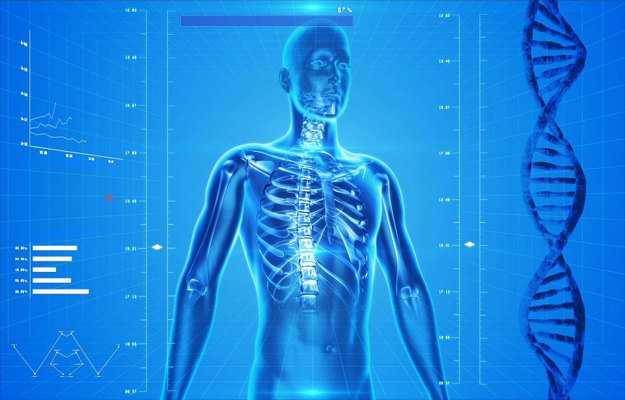What is a fractured rib?
A fractured rib is a break or crack in the ribs that form the protective cage in the chest. When several ribs are fractured, it results in flail chest (segment of the fractured rib becomes detached from the rest of the chest wall). A break in the tissue or the cartilage which connects the ribs to the breastbone is also referred to as fractured rib, even if the rib itself is not broken.
Ribs protect the vital organs present inside the chest. They help to maintain some space around the lungs, so that they can easily fill up with air. A blow which is strong enough to fracture your rib can also cause damage to the internal organs. Most commonly, there is puncture or collapse of lungs (pneumothorax) associated with the fractured rib.
What are its main signs and symptoms?
A fractured rib causes:
- Pain around the area when someone presses on the breastbone
- Mild to severe constant pain
- Pain while breathing
- Difficulty in breathing results in shortness of breath, dizziness, headache, restlessness and anxiety
What are the main causes?
A direct blow to the chest usually causes rib fracture. Coughing extremely hard or metastatic cancer may also cause rib fracture in very rare cases. However, the common causes of rib fracture are:
- Accidents or trauma
- Heavy contact sports like football and hockey
- Osteoporosis
- Cardiopulmonary resuscitation (CPR) may cause rib fracture due to the pressure applied by the medical practitioner to revive the heart
How is it diagnosed and treated?
Your doctor will note your symptoms and history of fall or accident. The doctor will examine the extent of bruises or swelling on the chest. X-rays help in confirming the diagnosis. However, x-rays may skip non-displaced fractures. So, a CT may be required as well.
Following the diagnosis, rib fractures require surgical correction and ventilatory support. Anti-inflammatory and pain-relieving medicines help reduce discomfort. A fractured rib will take around six weeks to heal. While you are resting, it is advisable to take a deep breath at least once an hour to prevent pneumonia or partial collapse of the lungs. During healing, you should take a break from sports as well. It is also advised to avoid wrapping anything tightly around the ribs while they heal.
















